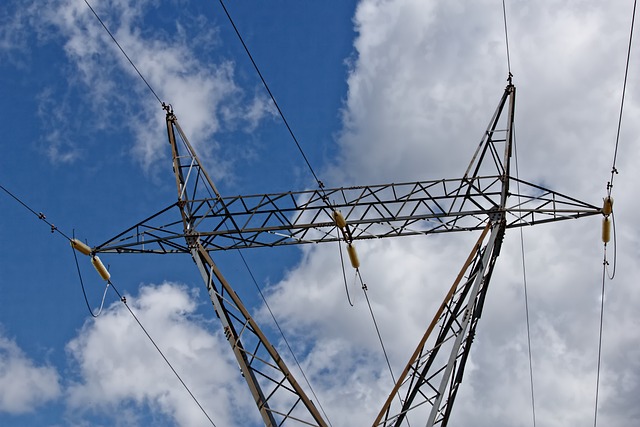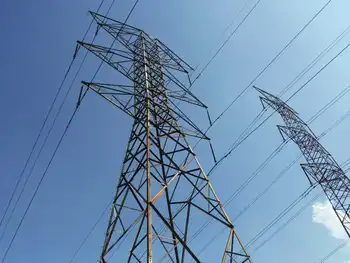UK offshore wind double cost of nuclear
Britain plans to build up over 30 gigawatts (GW) of offshore wind power capacity by 2020 and wants to build new nuclear power plants to replace old reactors.
The government's nuclear plans are opposed by some environmental groups as being too costly.
But analysis by Parsons Brinckerhoff, a company backing plans for an offshore wind grid, estimates nuclear generation costs to be 6-8 pence per kilowatt hour (p/KWh), including decommissioning and waste disposal, compared to 15-21 p/KWh for offshore wind.
"Presenting findings such as these is always difficult, because there is a tendency for people to only see in them what they want to see," Paul Willson, author of the update and deputy director of generation at Parsons Brinckerhoff.
"The reality is that in each case, they show there are choices that can be made which affect what the likely cost outcome will be."
The report identified tidal power generation as the most expensive source of electricity for Britain, with costs likely to be in a 16-38 p/KWh range, while onshore wind costs of 8-11 p/KWh are competitive with gas at 6-11 p/KWh.
Stiff public opposition to onshore wind turbines has held many such projects up for years, forcing developers out to sea in search of a solution to Britain's carbon emissions reduction targets, while fears about gas supplies over the coming decades have dampened enthusiasm for more gas plants.
The analysis takes account of predicted fuel, carbon, operation and maintenance costs, together with optimum plant life and construction scheduling.
The model does not include transmission because of great uncertainty over how costs for wind farms and other decentralized power supply sources would be allocated.
If all the costs of transmitting electricity from wind farms out at sea are allocated only to offshore wind generation it could increase the price per unit of output by another 20 percent, the report says.
Related News

Wyoming wind boost for US utility
WYOMING - US company Black Hills Energy has received regulatory approval to increase the size of its Corriedale wind farm in Wyoming to over 52MW from 40MW previously.
The South Dakota Public Utilities Commission approved the additional 12.5MW capacity after the Wyoming Public Service Commission determined the boost was within commission rules.
Black Hills Energy will install five additional turbines, raising the project cost to $79m from $57m.
Corriedale will be built near Cheyenne and is expected to be placed in service in late 2020.
Black Hills said that during the initial subscription period for its Renewable Ready program, applications of interest from…





